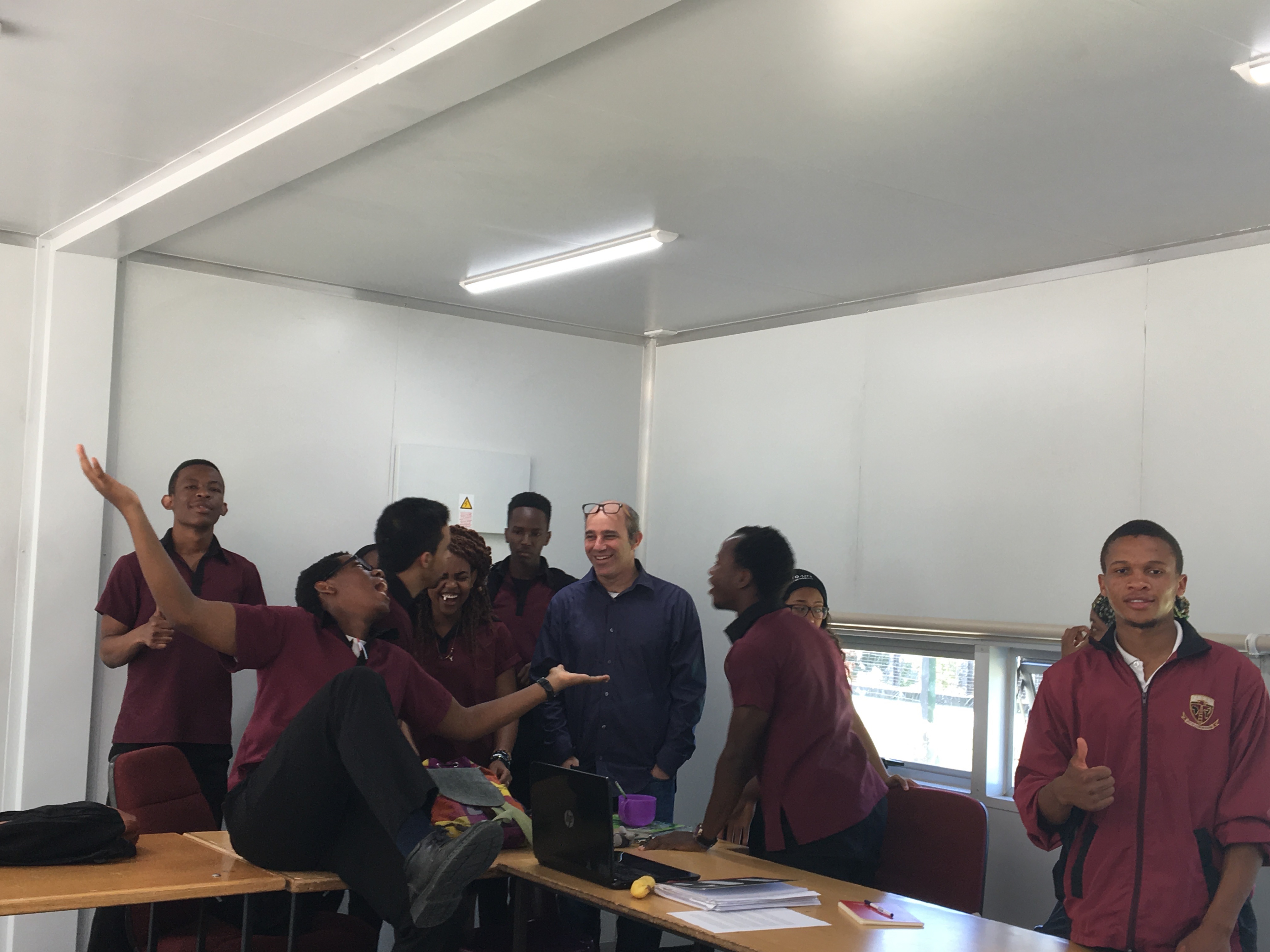Dear ALA,
Sometimes I fear you miss the point.
If 'Academy' means ‘place to fight for college admittance,' means, in essence, a way to join the rats and their race, then the point of learning becomes to run fast, or at least faster than the other rats. We adults should be careful to make sure that is not the lesson we teach, in class or as an institution.
If 'Leadership' means ‘#protecteachother,’ means, in essence, “Us Against You,” then leadership is about tribe, not about value. Students should take care not to confuse popularity and the energy of standing up with the righteousness of a cause.
Africa? What should that mean? Not for me to say. But can you get the point of the continent right if you miss academy and leadership?
Words are arrows. They can be shot poorly and strike the wrong targets, stick in deeper and wound more severely than intended. I take responsibility for my poor marksmanship in anything that follows, if I aim at things a more prudent archer might he.
That is, I'll bet I have missed the mark already, because despite my fear ALA thinks too much about Harvard, I think most ALA-ers should go to college, in America if not elsewhere. Colleges in the U.S. remain one of the last great things about that country and attending school there in no way means you endorse the behaviour of the country, past or present, or that by doing so you will get channelled into a certain kind of life. I don't want the adults at ALA to leave you with the impression you need to run through a maze to succeed, but Rochester and Notre Dame are excellent places to become more interesting and, yes, more employable. Anyone who works at ALA can be proud that in such a short time the academy has learned to play the college admissions game well enough to help so many deserving students partake in a liberal arts education.
And it takes real leader-like guts to write open letters and and confront Dean Hatim. To marshal others to your cause and demonstrate passion for surely qualifies as one of leaderships essential skills. Students who show bravery and skill in this respect deserve our praise. Moreover, any high-pressure school can be frightening: to meet your expectations and those of your family, to compare yourself with others while discovering yourself as an adult, to want to be good in a place that claims to measure what good means--any of that can bring with it the terror of, "who am I" and "am I good enough?" If students can band together to offer each other safety--even if it looks like lashing out--well, then, there's hope in that.
But it does look like lashing out and, well, students, a first plea here is to give the adults a break. Maybe academy should mean launch-pad in Joburg or ipeline to jobs or Prep-School leading to Stanforda ten-year old school has the right to keep figuring itself out, to not know exactly how it will look once it passes through puberty. If you get mad at us it is not so much different than yelling at a child.
Indeed, don't miss the point that leadership is not about #protecteachother it is #protecteveryone. If Miss Kofo pisses you off or Dean Hatim looks controlling or Wellness disappoints, your job is not to get angry and prove you can write a rant or lead a rebellion. Your job is to go take care of those people. Your job is to be better to them--more understanding, more forgiving, more tolerant, and more competent--than any of those you think are unforgiving, intolerant, incompetent. As Faith says: Don't hate it. Fix it.
But, adults, if kids are frightened so much that they come up with thinking of themselves as needing protection then we’ve failed something somehow. I know, this kind of revolt is standard at schools of teenagers. But we think these students special and the leadership I am describing
, . . . well, I can't even hazard a guess. Something better than "America" or "Europe" or "Russia," more than just a banner people wave when that feels good, I hope.
I am trying to pin practices, rhetoric and beliefs to a mirror we can reflect in. No more than that.
